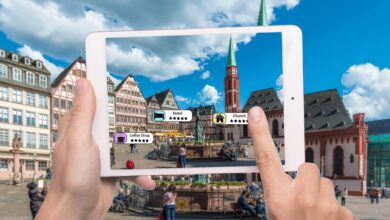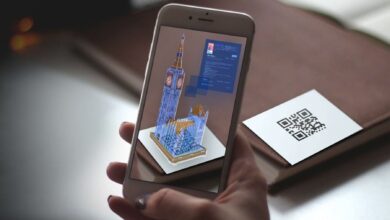Introduction to Augmented Reality(AR)
Hello, and welcome to the exciting Augmented Reality world! AR seamlessly blends the physical world with digital elements like a parallel universe. At first glance, it may be something from a fictional story. The sci-fi movies it’s a reality that is changing how we engage with our surroundings.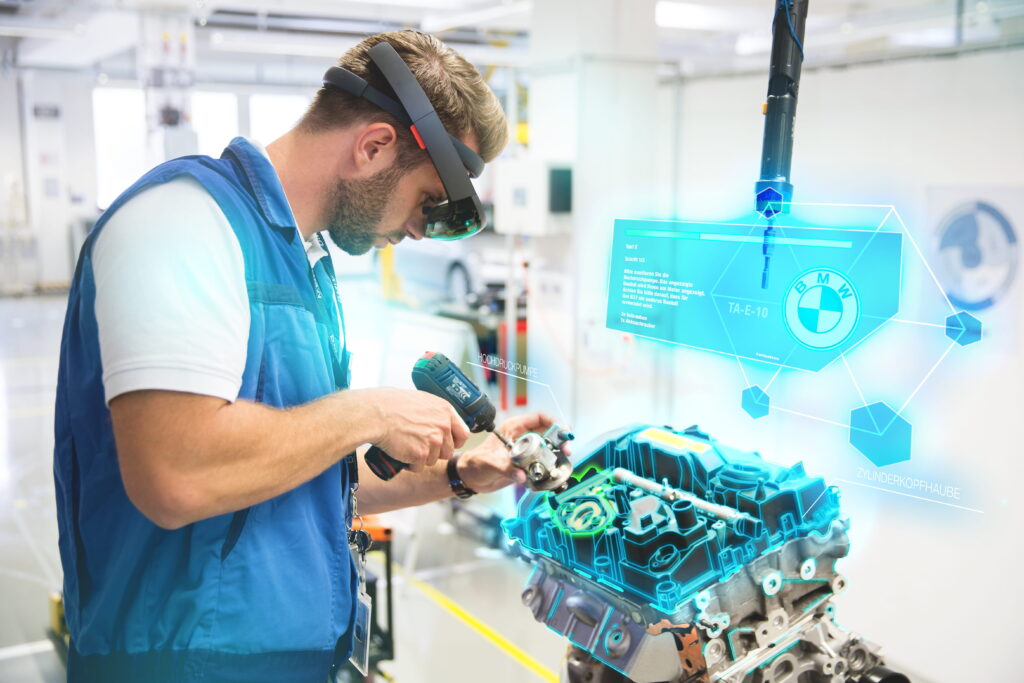
The Science Behind AR
-
AR vs. VR
You’ve probably heard of Augmented Reality and Virtual Reality (VR). While they might seem similar, they’re different in meaningful ways. VR transports you to a wholly digital world, while AR overlays digital information onto your existing environment. It’s like having a digital lens that lets you interact with computer-generated elements in the real world.
-
How AR Works
So how does AR work? In simple terms, AR uses computer vision, depth tracking, and data processing to superimpose images, sounds, haptic feedback, or even smell into the real world. Imagine looking at a building through your smartphone camera and getting instant information about its history, architecture, or available spaces for rent. That’s the power of AR!
The Current Applications of Augmented Reality
-
AR in Gaming
Remember Pokemon Go? The game that swept the world off its feet is an example of AR. Overlaying digital creatures onto real-world settings created a unique and engaging player experience worldwide.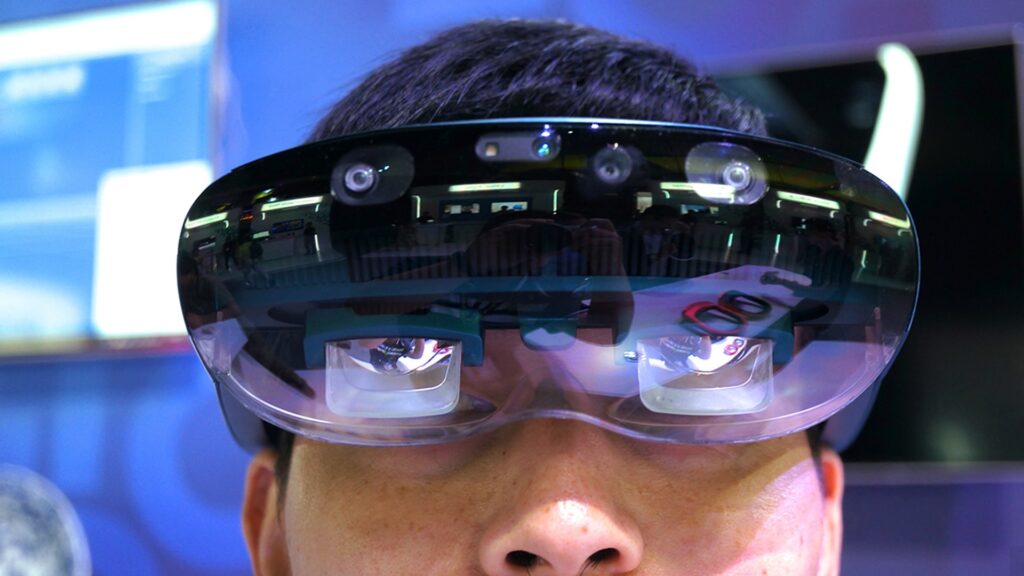
-
AR in Education
AR has brought an entirely new level of interactivity and engagement to education. Imagine visualizing the solar system in 3D or conducting virtual dissections; it turns complex subjects into a fun, interactive experience.
-
AR in Retail
How might your living room appear with that new sofa? With AR, you don’t have to. Retailers use AR to let customers visualize products in their homes before purchasing.
-
AR in Healthcare
Healthcare is another sector being revolutionized by AR. Surgeons can use AR glasses to superimpose digital information about a patient’s anatomy, making complex procedures safer and more efficient.
The Future of AR
-
AR in Space Exploration
Imagine astronauts exploring Martian terrain through AR glasses, getting real-time data about geological formations. With the advancements in AR, this is close to reality.
-
AR in Autonomous Vehicles
In the not-so-distant future, your car might be equipped with AR windshields displaying important information such as directions, traffic alerts, or the location of nearby amenities, thereby enhancing driving safety and convenience.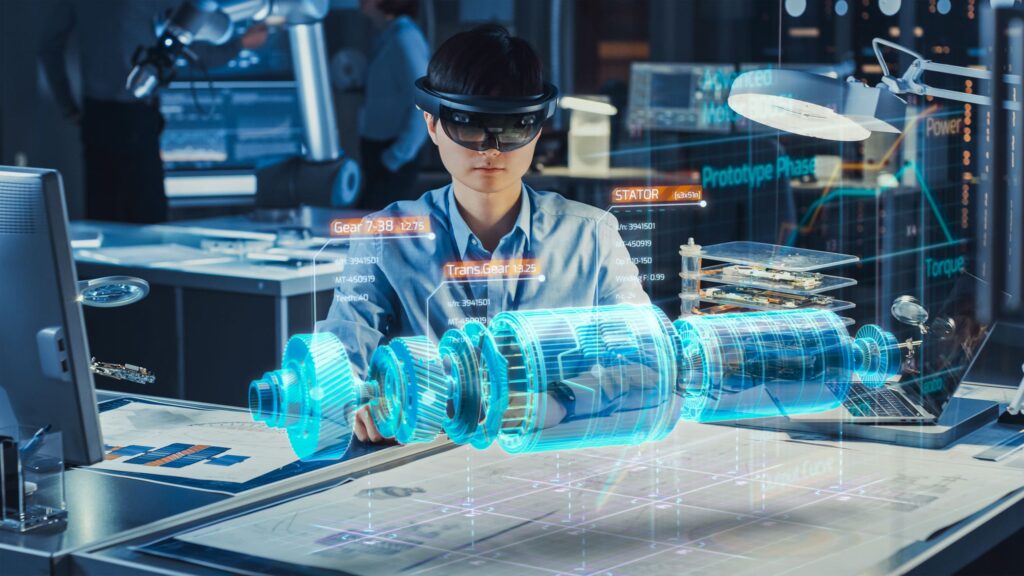
The Challenges of AR
While the potential of AR is enormous, it’s not without challenges. Issues such as technical limitations, privacy concerns, and user adoption rates are hurdles that need to be overcome for AR to achieve its full potential.
Conclusion
From education to healthcare, gaming to retail, AR is transforming industries, enhancing user experiences, and shaping the future of technology. As we refine this technology, we can only imagine the endless possibilities of augmented reality.
FAQs for Augmented Reality
How does augmented reality work?
AR uses computer vision and data processing to overlay digital information onto the real world through devices like smartphones or AR glasses.
What are some applications of augmented reality?
AR is used in gaming, education, retail, and healthcare to create interactive and immersive experiences.
How is augmented reality different from virtual reality?
AR overlays digital elements onto the real world, while virtual reality creates a completely immersive digital environment.
What is the future potential of augmented reality?
The future of AR includes advancements in space exploration, autonomous vehicles, and other industries, offering real-time information and enhanced user interactions.



